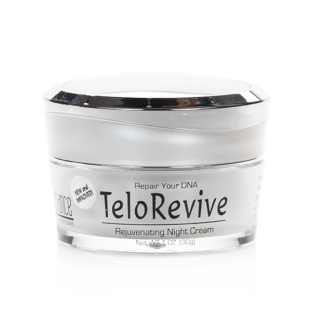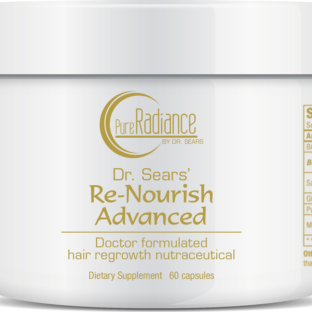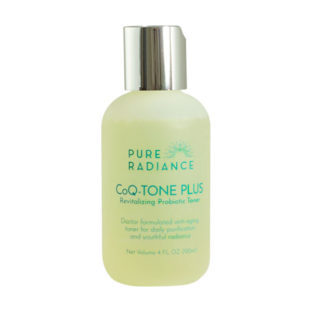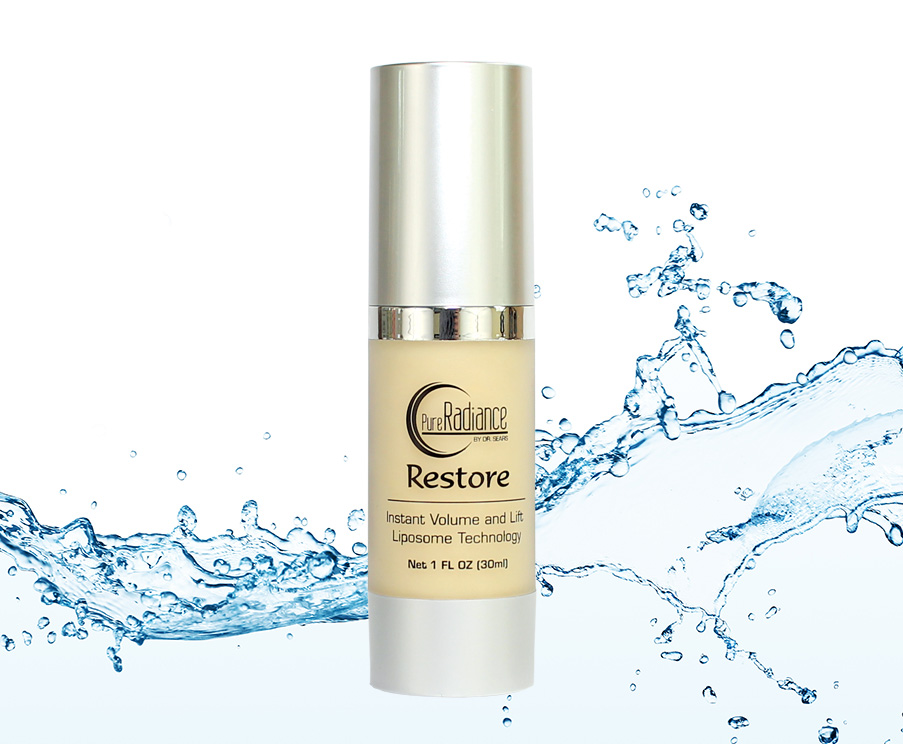Calcium is everywhere these days. It’s hard to get away from it even if you try. They put it in bread, milk, orange juice, pasta, yogurt, toothpaste, chewing gum, snack crackers and granola bars… it’s even in your water, depending on where you live.
That’s a lot of calcium.
Even with all that calcium, modern medical doctors and health “experts” will tell you that as a woman, it’s important for you to take a calcium supplement to keep your bones strong and healthy.
But there’s something you should know before you eat another chewable or swallow another capsule.
A study looked at 1,471 women over five years. Half took 1 gram of calcium a day, and half took a placebo.1
The women assigned to take calcium supplements were more than twice as likely to have heart attacks compared with those who took a placebo.
Another review done by the British Medical Journal carefully analyzed 11 different calcium supplementation studies. The BMJ found that taking more than 500 mg a day increased heart attacks by 31 percent.2
Those supplementing with calcium were also more likely to have more than one heart attack.
The U.S. Dept. of Agriculture found that most Americans take in around 800 mg of calcium every day. Fortunately, that’s about how much you need if you’re a healthy adult.
And as long as you eat anywhere near a normal diet, you don’t need calcium supplements. You get plenty of calcium through the food you eat.
My favorite way to get my daily dose is to eat lots of dark green leafy vegetables like mustard greens and broccoli.
Some other good sources of calcium are:
|
Also, I like to use spices when I cook, and two very flavorful spices in their powdered form – curry (30 mg in each Tbsp) and mustard (60 mg per Tbsp) – are loaded with calcium.
To make sure you retain the calcium you take in, try to get 400 mg a day of magnesium. It works in your bones to balance your calcium.
To Your Good Health,
![]()
Al Sears, MD
1 Bolland, Mark J., “Vascular events in healthy older women receiving calcium supplementation,” BMJ Jan. 2008; 336: 262
2 Bolland, Mark J., et al, “Effect of calcium supplements on risk of myocardial infarction and cardiovascular events: meta-analysis,” BMJ 2010; 341:c3691








